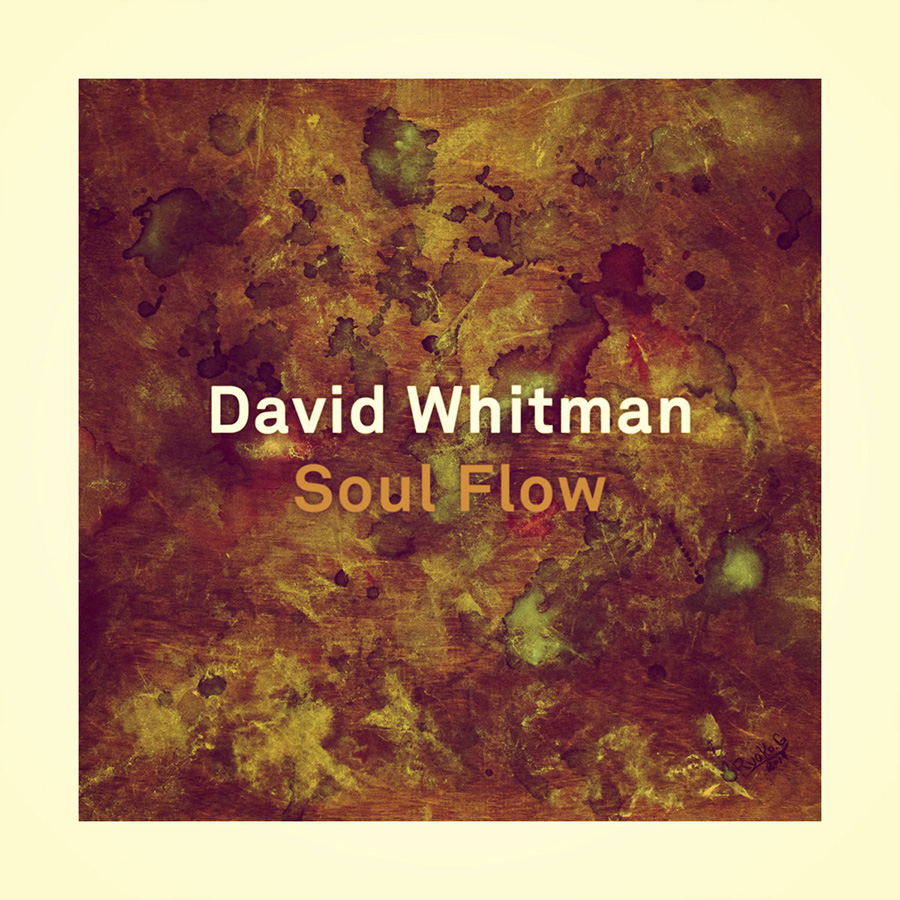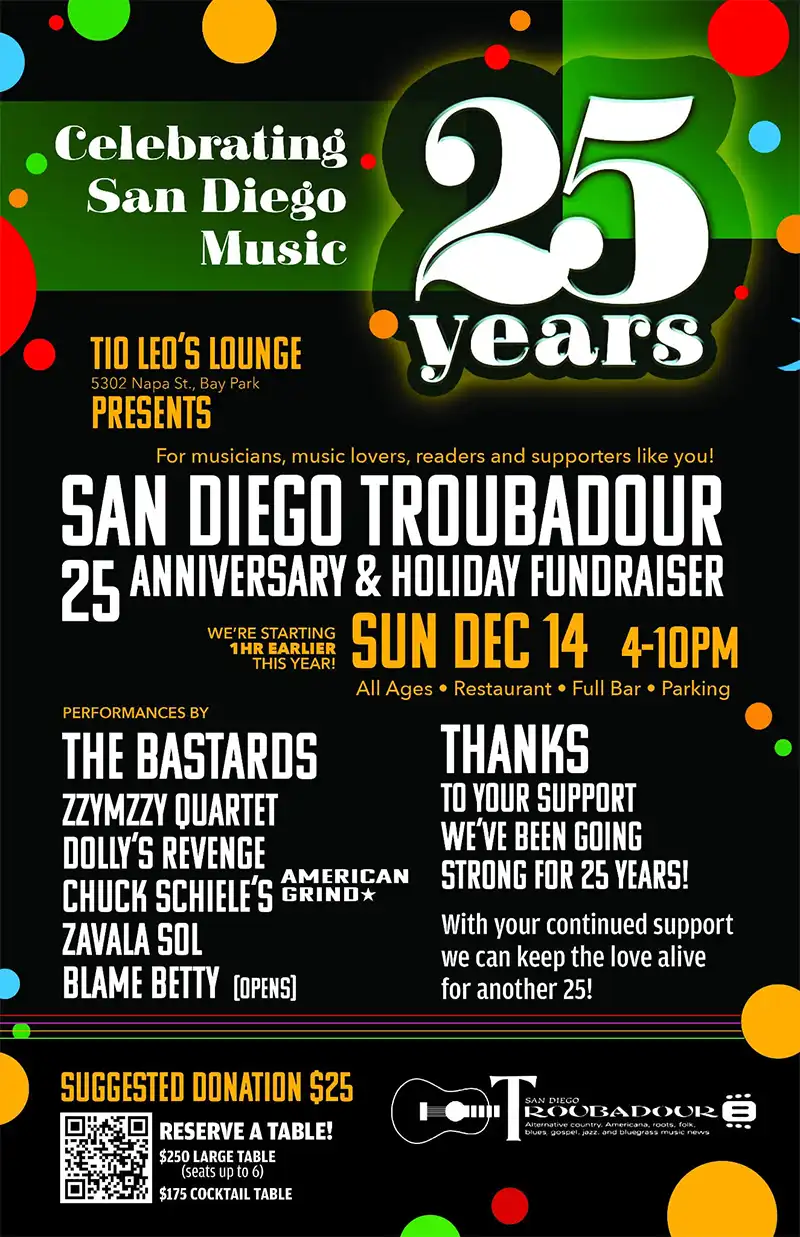CD Reviews
DAVID WHITMAN: Soul Flow

For those with an urge to slip into the sounds of a bygone era when jam sessions were the heart and pulse of jazz, Soul Flow by drummer David Whitman is a fit. The nine selections here seem far less like slick evocations of the Great American Songbook than they do musical laboratories, rich blues-enhanced frameworks where Whitman’s solid cast of players—John Raymond (trumpet), Francisco Torres (trombone), and Jared Gold (organ)—are given room to work out their ideas, embellish the melodies at hand, dig deep into the blues and swing hard, and investigate any unusual line of musical thought their collective muse takes them. The opening track, Andrew Neesley’s “Come What May,” is a mid-tempo ballad elegantly introduced by the simmering tone of Raymond’s trumpet. The trumpeter then takes the first solo, showing a capital sense of note choices and using pauses between phrases to underscore the melody’s doleful romanticism. Gold follows suit, proffering a rapid succession of richly colored lines that rewrite the original themes and make superb use of chord swells that add an unexpected dynamic.
The remaining songs are Whitman originals, commencing with a particularly New Orleans-inspired and gospel-tinged “Home.” Hardly the staid march style that maintains a steady 4/4 while the musicians soar overhead, this tune moves about in sultry combinations of rhythm and riffing, with unison playing from Gold, Torres, and Raymond before the beat begins to shift and each takes a turn at the microphone. Torres’ trombone soliloquy takes the prize here: a brassy, ebullient outing marked by an effective vocal quality, intriguing swoops, short bursts of notes and rightly located growls heightening the ensemble effect. Soul Flow is very much flow itself: different shades of old-school jazz with head arrangements and long discursive instrumental dialogues conducted on hard blues infrastructure. “Shuffle Blues” reveals what prime improvisers can do with the most irreplaceable of American forms: the shuffle. After decades of being bludgeoned with half-baked emulations of a great style by artists with great technique but little break-out imagination, it’s a relief to listen to Whitman’s choice ensemble reach deep into their imaginations beyond mere technique and create new ways to move around the simple format.
Whitman himself is a drummer of uncommon funkiness, laying down a consistently vibrant pulse to Soul Flow. He hits all the marks and mixes up his pacing without losing the life-giving tempos music this finely played requires. He is an active player: busy but never crowded with what he lays down on the skins. This record is obviously a tribute to a past time when the image of jazz was sharp suits, upright pianos, late-night jam sessions in dark clubs where cigarette smoke never dissipated; the era of organ trios, torch songs; Miles and Clifford Brown and Bird issuing sheets of sonic genius from fabled nightclub bandstands. But this tribute to a hip era isn’t nostalgic. The ensemble under Whitman’s intuitive guidance sets this material on fire again. Too many attempts to evoke the sounds of a jazz style and attitude from decades ago come off as academic exercises: technically adept in most cases but leaving a listener thinking that the would-be hipsters are too respectful of the music they’re trying to perform. Whitman, Torres, Gold, and Raymond obviously love this style too much to treat everything as if it were a fragile museum display. They mess with the moods of the material; dare to venture outside the melodic limits of the chords. The solos become twisting with attention-getting inroads; odd, clustered phrases; bracingly “outside” at times; dissonant as emotional pitch requires. Soul Flow is sharp and rousing jazz anchored in tradition but made contagiously contemporary by Whitman and his stellar band.






